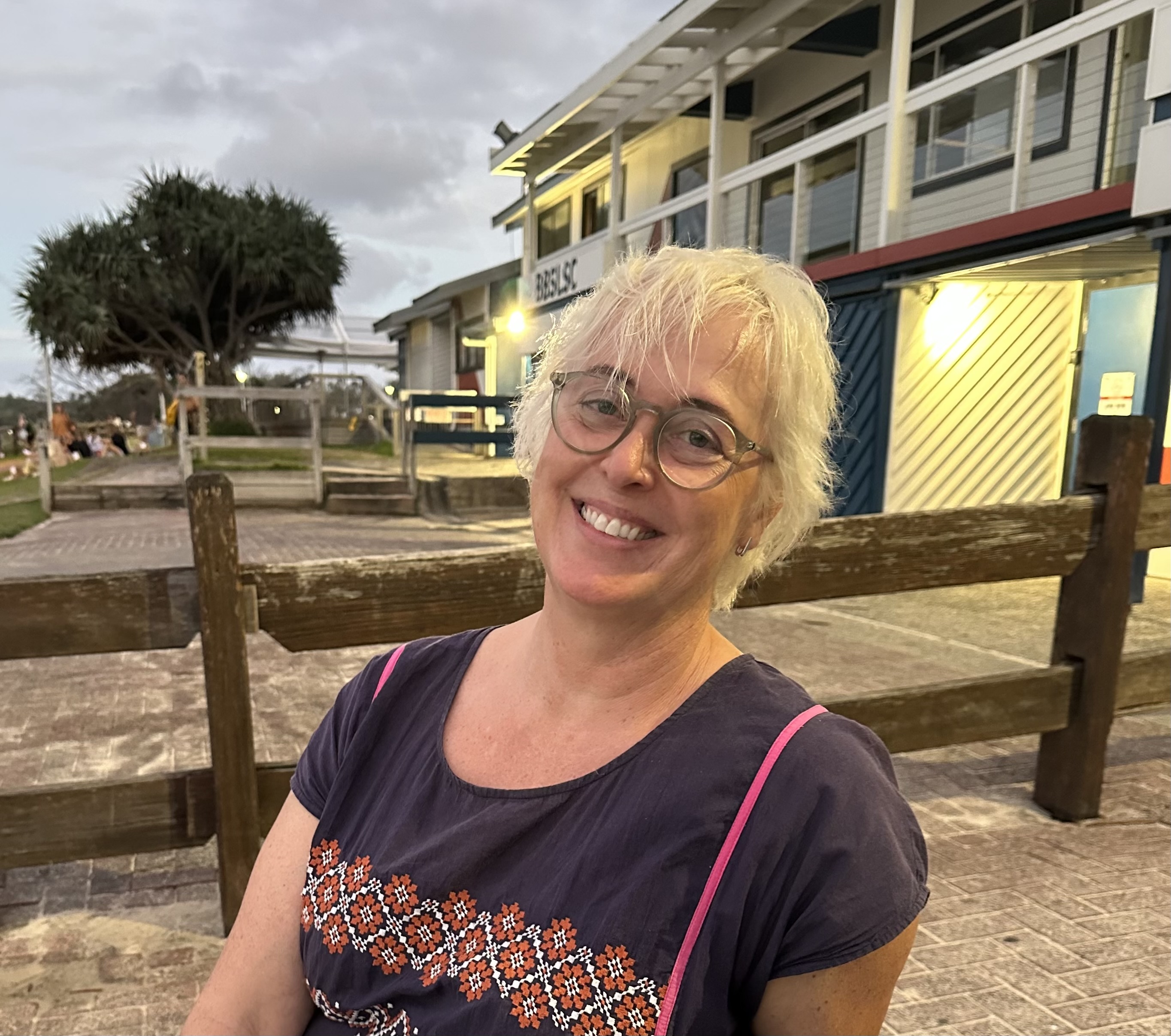When Friendship Hurts
- Lu Migliore

- Mar 29
- 4 min read
Updated: Nov 19
Friends are important. In a post-COVID world we are learning just how important. Friends are protective for our psychological wellbeing. Sadly, we’ve been able to study this differential in those children who were not able to socialise for a protracted period in 2020 and what a negative effect this had on their mental health. In fact, the more friends you have the more successful you are. These friends may help you socially, personally and financially. How do we make friends though? Friendship is nuanced and needs to be modelled. We need to be encouraged as children to make friends.
I’ve thought a lot about friendship. I grew up in a dysfunctional household and having time for myself was not allowed. I didn’t realise at the time that this was compromising my social capital. In his book, The Forms of Capital (1986), Pierre Bordieu explains that social and cultural capital is passed on by our parents and can determine certain aspects of our success socially and culturally. And that means social capital has a big impact on friendships.

Many people mistakenly only see economic capital - the financial assets we inherit - as important. But social capital can be even more important. Social capital is who you socialise with and how you socialise. Are you a dinner party sort of family, or a big picnic on the foreshore of the beach like my migrant family? Cultural capital is the experiences you are exposed to. Are you the type of family who make passata with the neighbourhood, or are you the kind of family who goes to a museum or art gallery together? These cultural experiences are formative. For example, cultural capital might result from something as simple as parents taking the time to take their kids to piano lessons, or to an art gallery. Being able to talk about art and music potentially opens doors. Social capital can dictate who you socialise with and enable social mobility. If you socialise with privileged people economic opportunities are likely to follow. We learn a lot from the people we socialise with. The modelling of relationships is also very important for children. Friends and our peer group can influence our sense of self and can nourish us and sustain us in ways other relationships do not. Our friends and peers are literally in the sandpit with us.
Friendship is a complex relationship but exciting.
Friends are two unrelated people who form a bond. It is the freest and most pure of relationships in some regards because you choose to be in relationship with that person, and you choose to stay in relationship with no regard to kinship ties, or mutual obligations. However, there must be reciprocity. There needs to be a sense that each person benefits from the friendship. There will be times where one person is more available than the other but there is understanding and compassion around what’s happening in each other’s lives.
Friends That Come and Go
As adults we’ve all had that friend who disappears into a new romantic relationship, only to reappear afterwards. We forgive them. Then, over time, if we keep coming second to the supposedly more important romantic relationship, eventually we may tire and distance ourselves. There comes a time in our positive self development where we will no longer tolerate mediocre friendships. This is a sign of strength and setting boundaries.
What happens though when we grow apart from old friends? What happens when they partner with someone we might find obnoxious? How do we manage if they go on to have children but we don’t? How do we handle their success, or lack of success? There’s so much complexity in friendships and navigating that complexity is why friends add richness to our lives and become even more important for our wellbeing and cognitive flexibility tas we grow older.

As a society we don’t discuss the grief that my descend on us when a friendship ends that can feel as painful as the end of an intimate relationship. The same feelings of grief and loss emerge. Why have I been rejected? The same feelings of worthlessness can emerge. And if you’ve been ghosted by your friend the ending can be all the more painful. Just remember that your friend did not have the emotional intelligence or communication skills to end the friendship with an explanation. It was easier for them to avoid the difficult conversation and ghost you. Being ghosted is very painful because it goes to our core attachment needs to belong and be valued. It’s time we name the emotional toll and turmoil of a friendship ending can take on a person. The same antidotes to any other relationship ending work - talking through the emotional pain and sense of betrayal and rejection. Getting your nervous system back into alignment. Allowing the big feelings to wash over you.
Look after yourself. Remind yourself that you do have value.
Spend time in nature to rebalance your nervous system.
Spend time with safe people who care about you.
Practice gratitude for the friends you do have.
Journal about the broken friendship.
Talk about the friendship ending but don’t allow it to consume you.
Let go of the friendship.
Perform a little ceremony to release the former friend from your life.
Do whatever feels good to come back into balance.
Above all, don’t lose faith in people. Keep putting yourself out there and being open to forming new friendships. Stay true to yourself and show up as your authentic self.
There’s only one of you in the world so be proud of who you are.
Ready to take the next step toward healing and growth? Whether you're navigating challenges or simply seeking support, counselling can make all the difference.
Reach out today to start your journey – I’m here to help, and it all begins with a conversation.
Related Posts

Comments